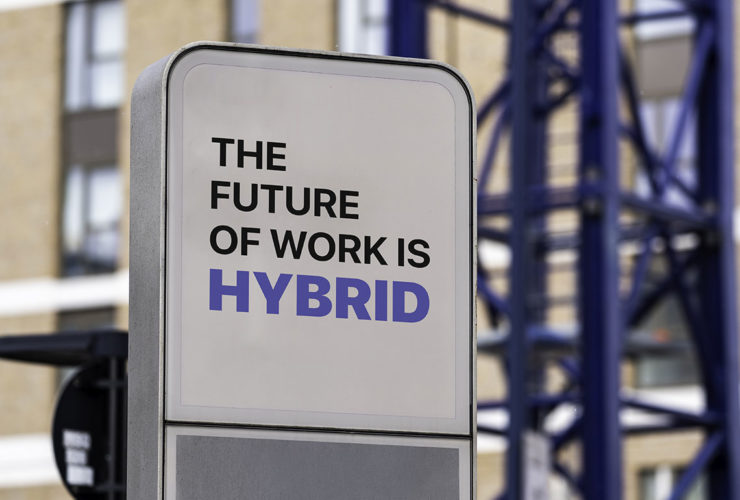To make great food, you need great ingredients. And if any ingredient is spoiled, it can ruin the entire dish.
To conduct great technical interviews, you need great ingredients, too. And if any ingredient doesn’t work, it can ruin the entire effort—even your entire hiring process.
Let’s take a look at five ingredients of great technical interviews.
- Great questions
Great questions are an essential part of any quality interview. In technical interviews, the questions should be:
- Challenging
- Relevant to the job
- Behavioral-based
Challenging — Tough questions help differentiate great candidates from good candidates, and good candidates from poor candidates. Plus, top candidates appreciate having the opportunity to showcase their knowledge and expertise, and to demonstrate why they are best qualified for the job.
Relevant to the job — You’re trying to learn which candidates have the necessary technical skills and experience to succeed at a particular job. Failing to ask job-relevant questions doesn’t give you the information you need.
Behavioral-based — Knowing how candidates have performed in the past is the best predictor of how they’ll perform in the future. So when possible use behavioral questions instead of hypothetical questions.
- Great interviewers
Great interviewers conduct better interviews. Key characteristics include:
- They’re technically qualified and have relevant, direct field experience
- They’re experienced at interviewing
- They’re unbiased
- They know how to navigate compliance issues
They’re technically qualified and have relevant, direct field experience — Clearly, it helps if interviewers are familiar with the subject matter! It helps them ask great questions (especially follow-up questions) and evaluate candidates. Additionally, quality candidates appreciate having interviewers with whom they can have a quality technical discussion and clearly have the capability to properly evaluate them.
They’re experienced at interviewing — Experience helps in every part of the interviewing process. Perhaps the most underrated aspect is experienced interviewers know how to put candidates at ease, allowing for free-flowing conversations that more fully reveal what candidates have to offer.
They’re unbiased — Some internal interviewers can, consciously or unconsciously, be looking for someone they’d like to work with, as opposed to someone who can perform the role best. An unbiased interviewer is entirely focused on finding the best person for the job.
They know how to navigate compliance issues — Employers aren’t allowed to discriminate against protected classes (e.g., race, national origin, gender, pregnancy, age, disability, religion, military status) in hiring. Interviewers must avoid asking questions about those topics and know how to manage interviews when candidates bring these topics up—for example, one could say, “Thanks for sharing, but that information is not relevant to your technical skills and will not be included in my report.”
- Great Comparisons
To determine the best candidates, you want to compare candidates on the same factors. For example, it’s important to have a common rating scale, so that candidates, and we also encourage the use of common topics and questions as much as possible. It’s also important to acknowledge here, probing questions will vary based on how your candidate replies. The probing questions from a live technical interview are of significant value over an online skills test, however, cannot be standardized. This is why great interviewers are super important.
- Great Technology
Having the right technology helps technical interviews run smoothly and be as valuable as they should be. A great video platform enables not only the candidate and interviewer to communicate seamlessly, but also let a recruiter or hiring manager observe. Meanwhile, a great code editor makes it easy for candidates to showcase their coding skills. Compare that to trying to relay code verbally over video or over phone—a nightmare that can be frustrating for everyone.
The right technology is also important from a candidate experience perspective, as it shows that you’re organized. On the other hand, not having the necessary technology makes you appear dysfunctional—a red flag to candidates.
- Great Candidate Experience
Creating a great candidate experience is important for maximizing the chances that top candidates choose your company and recommend your company to others. Each of the ingredients above play a part in creating a great candidate experience.
But there’s also another critical element for creating a great candidate experience: time. Specifically, scheduling technical interviews quickly. This helps minimize the length of your hiring process, and shows candidates that you are as excited to learn more about them, as they are excited to learn about your company.







